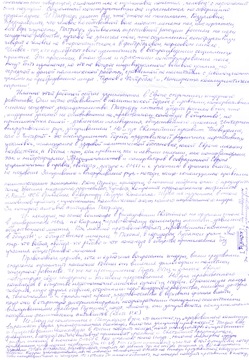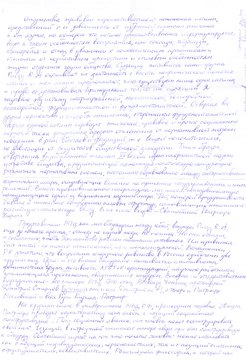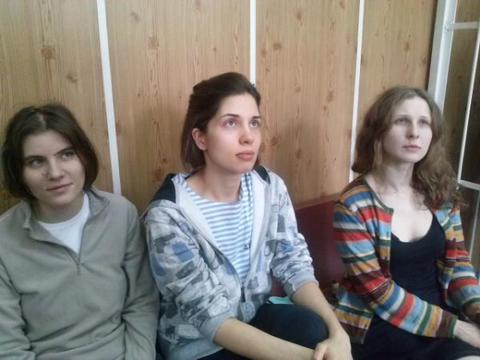Charles Hirschkind
Charles Hirschkind is Associate Professor of Anthropology at the University of California, Berkeley. His research interests concern religious practice, media technologies, and emergent forms of political community in the urban Middle East and Europe. In his recent book, The Ethical Soundscape: Cassette Sermons and Islamic Counterpublics (2006), he explores how a popular Islamic media form?the cassette sermon?has profoundly transformed the political geography of the Middle East over the last three decades. He is also the co-editor (with David Scott) of Powers of the Secular Modern: Talal Asad an his Interlocutors (2005). Other publications include "Cultures of Death: Religion, Media, Bioethics" (Social Text 2008), "Cassette Ethics, Public Piety, and Popular Media in Egypt." (Media, Religion, and the Public Sphere, eds. A. Moors and B. Meyer, 2005), "The Ethics of Listening: Cassette-Sermon Audition in Contemporary Cairo" (American Ethnologist 2001). His current project is based in southern Spain and explores some of the different ways in which Europe's Islamic past inhabits its present, unsettling contemporary efforts to secure Europe's Christian civilizational identity. This project has been funded through an award from the Carnegie Corporation of New York.
Read







